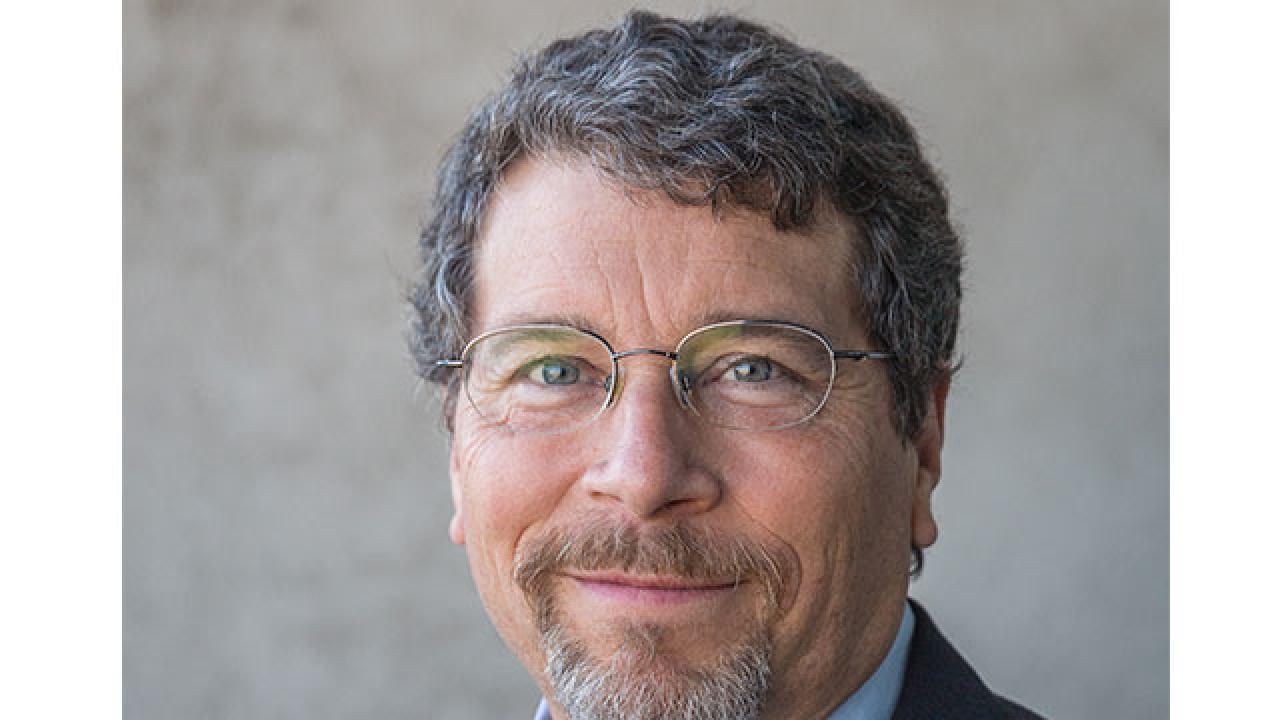
Gregg Camfield
How do you define faculty leadership?
Faculty leadership, I believe, must be defined in the context of the faculty role in university governance. Insofar as governance is shared, all faculty are officers of the university and thus have a responsibility to consider institutional goals in their teaching, research, and service. But in the regular faculty position, the role entails advocacy by speaking out from the position of the faculty member’s unique knowledge. A faculty leader’s job, then, is to facilitate discussion in order to leverage the collective knowledge of the faculty. A leader needs to understand issues in their full complexity, to find the appropriate faculty voices that will deepen leadership’s understanding of any issue, and then ensure that those voices are heard, digested, and used. This means turning disagreement into a creative force, one that can synthesize different opinions into deeper and broader understanding. In this sense, faculty leadership is really structured and formal communication, which doesn’t end with making a decision. Any decisions arising from this collective work need to be disseminated so that faculty understand how their input was used and the implications, short- and long-term, of any decision.
Can you share an example of when you've been able to influence positive change as an academic leader?
As the faculty chair of our initial accreditation review, I was able help faculty use the self-study requirements to develop policies that our new institution needed to be able to function well and to highlight our emerging strengths.
How could the University benefit from preparing more faculty for future leadership positions?
Given that doctoral education prepares faculty to be advocates but that it does not teach them how to work and think collaboratively toward institutional ends, faculty advocacy often undercuts itself by creating unproductive conflict. By preparing many more faculty for leadership, we can learn how to use conflict creatively and constructively.
Tell us about your experience with leadership development programs, or if you have not participated in any, what you would hope to gain from doing so.
Beyond learning much of the research on leadership and group dynamics, I learned much about myself and how my own reactions to stress often impede my effectiveness as a leader.
How does strong leadership from Faculty impact the University of California?
The University of California has exceptionally strong shared governance. In this regard, a faculty that does not, collectively, have good leadership skills cannot live up to its responsibility. The University as a whole will suffer, both because faculty talents will not be effectively used in governance, and because a dangerous divide will open between faculty and administration.
What would you say to Faculty hard pressed to find time to participate in leadership workshops or other programming?
I would say that the time is well spent in supporting every aspect of faculty work. Teaching is a kind of leadership. Pressures from external funders are pushing faculty to be more collaborative in their research, and leadership training helps make collaboration more effective. And insofar as faculty service is a requirement of the job, leadership training makes the time put into service both more useful and more enjoyable. In short, the time spent in leadership development pays dividends in greater productivity and effectiveness across the board.
